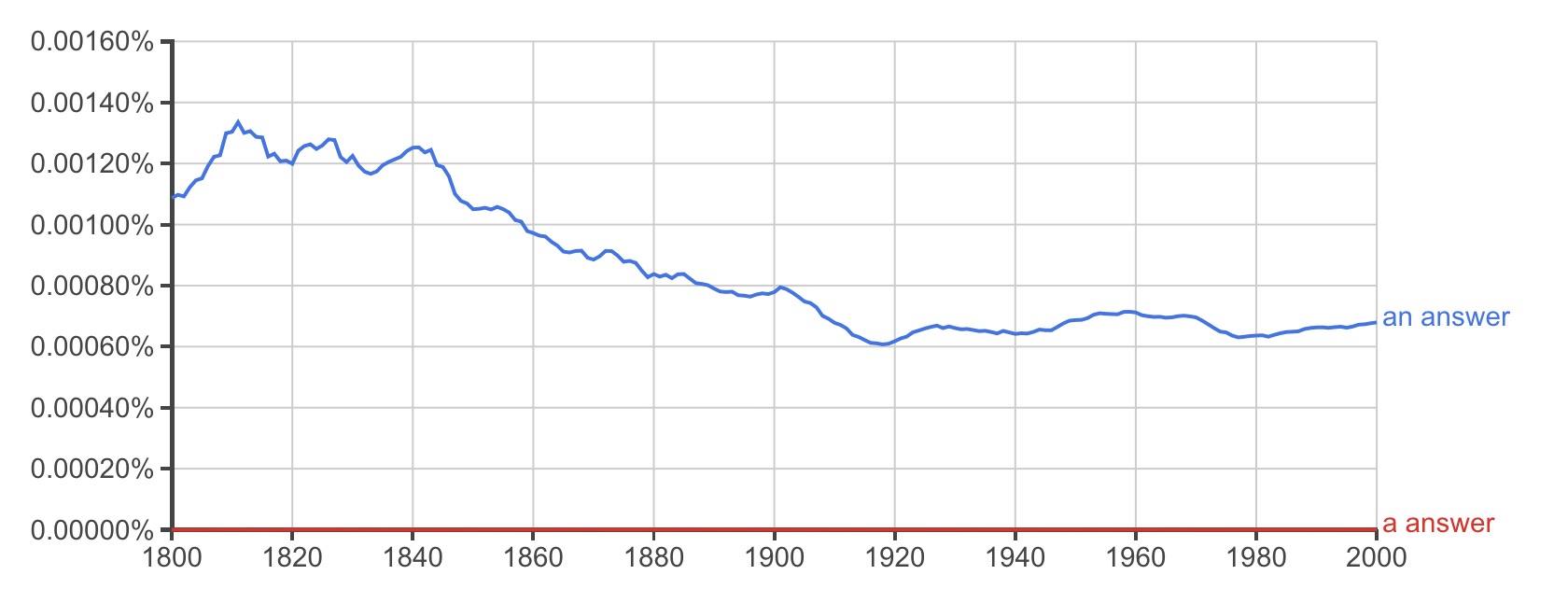[Addendum: @AlanCarmack points out that this was a paraphrase, not an actual quote from spoken usage. So, in fact, it may have been a mistake on the part of the Guardian author. It's possible that the author was writing the paraphrased quote as he thought it would have been spoken, but this is probably a stretch.]
"The problem is that Trump isn’t enough of a answer-avoiding politician, said Carson."
This is not an error or a typo, but an intentional usage in standard spoken English.
The purpose of using "a" instead of "an" here, when speaking out loud, is to help the listener parse the sentence correctly in real time, as it's being heard.
There's probably a slight glottal stop (or at least a momentary break) between "a" and "answer". In contrast, "answer-avoiding" is pronounced continuously in one breath.
The speaker wants to avoid a likely real-time mis-parsing of "an answer" as a syntactic unit, the putative object of the preposition "of"; the listener would then have to re-parse quickly after hearing the rest of the sentence, after "answer".
The use of "a", with a glottal stop afterward, makes it clear, as the listener is hearing it, that the noun phrase that the indefinite article applies to isn't just "answer", but is something longer (which turns out to be "answer-avoiding politician").
I don't know how much research has been done on this phenomenon, but here's one source: The Glottal Stop in English: A Descriptive Study, by Majda Sabri Faris. This paper states:
"Prosodically, a glottal stop or a glottal approximant may in
many languages including English be used for emphasizing the next word or a
prosodic boundary. Word-initial vowels are more frequently glottalized (i.e.,
glottal stops or approximants are produced) at major prosodic boundaries
(Pierrehumbert and Talkin 1992:112)."
The bibliographic reference given there is to: Pierrehumbert, J. and Talkin, D. (1992), "Lenition of /h/ and glottal stop", in: Docherty and D.R. Ladd, eds., Papers in Laboratory Phonology II: Gesture, Segment, Prosody, Cambridge University Press, Cambridge, 1992, pp. 90-117 (which I unfortunately don't have access to).

